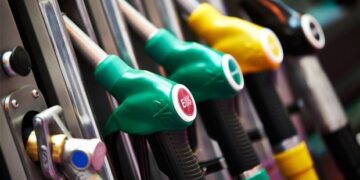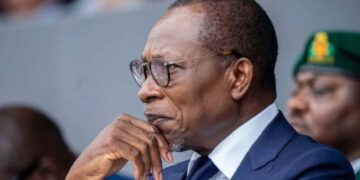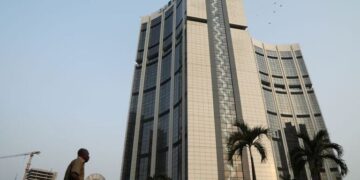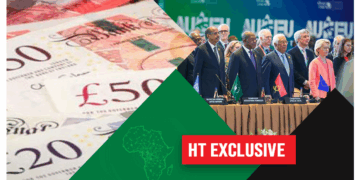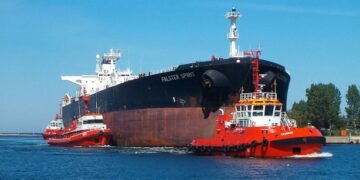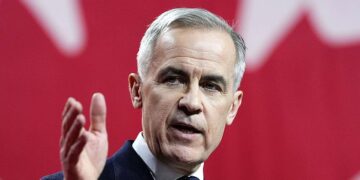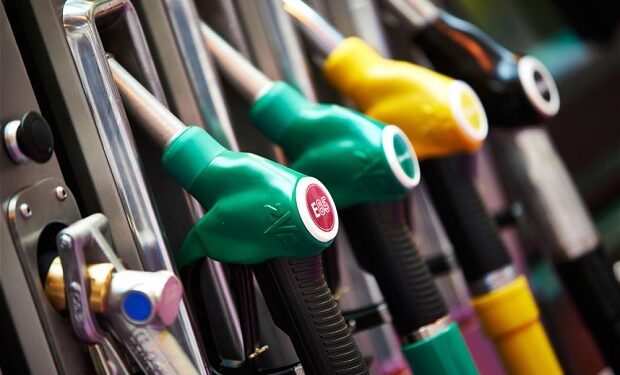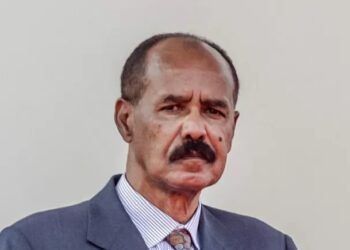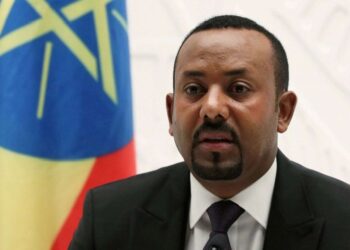By Lucy Adautin
Hopes for a quick resolution to Nigeria’s petrol shortage are dimming, as new details recently revealed the Nigerian Government’s escalating difficulties.
The government is struggling with a massive $6 billion debt to petrol suppliers and a severe liquidity crisis, which has greatly hindered its capacity to continue importing the crucial product.
This situation has been further complicated by the Independent Petroleum Marketers Association of Nigeria (IPMAN) reporting that its members are no longer able to access bulk petrol supplies.
Oil marketers have stated they are unable to import petrol due to the skyrocketing foreign exchange rate of $1,500 per dollar, pushing the landing cost of the product above N1,100 per litre, causing fuel scarcity to worsened, forcing consumers to face higher prices at the pump.
The Nigerian National Petroleum Company (NNPC) has also been hit hard, with its importation costs turning negative in August 2023 and ballooning to N5.41 trillion by April 2024.
Devaluation of the naira has further strained the company’s finances, raising concerns about the sustainability of petrol imports and the potential for even more severe shortages in the coming months.
IPMAN raised concerns on recently about the exclusion of its members from the direct supply of petrol from NNPC Limited.
According to IPMAN, the lack of direct bulk supply from NNPC has forced its members to purchase petrol from private depot owners at inflated prices.
IPMAN’s Public Relations Officer, Chinedu Ukadike, stated that without direct supply from NNPC, it would be difficult to resolve the fuel shortages that have persisted for over two months.
Ukadike noted that while petrol products have started arriving at ports in Warri, Port Harcourt, and Lagos, IPMAN members are still struggling to access the supply.
He said, “For several weeks, IPMAN members have not received any supplies. We’ve been purchasing from other tank farm owners and major marketers. Recently, products have begun arriving at Warri, Lagos, and Port Harcourt, but our members are still not getting allocations.
“If IPMAN members are properly allocated products, we can eliminate the profiteering and bottlenecks. Without access to our own petroleum products, we are forced to seek supplies from other tank farms.”
He assured that if these supply issues are resolved, fuel would be available at more affordable rates. He also explained that the high costs of obtaining products from private depots are due to scarcity, which drives up prices.
Recently, oil marketers called for a reduction in the pump price of diesel to N700 per litre to improve petrol distribution across the country.
The President of the Natural Oil and Gas Suppliers Association of Nigeria (NOGASA), Benneth Korie Doi, emphasized that the high cost of diesel used by trucks is a significant barrier to efficient petrol distribution.
Doi remarked, “With Dangote’s refinery production and crude oil transactions in naira, we anticipate a reduction in AGO (Automated Gas Oil) prices. NNPC should use its stake in Dangote’s refinery to lower these costs, which will, in turn, reduce transportation expenses and market prices.”
